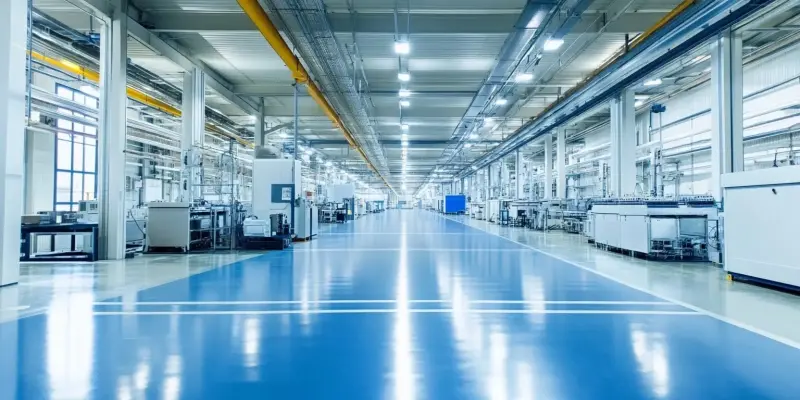Taiwan Semiconductor Manufacturing Company (TSMC) has made a groundbreaking decision to significantly expand its advanced chip production operations in the United States, specifically choosing Arizona as the primary location for this development. This initiative represents a substantial strategic shift for TSMC, which previously approached overseas production with caution. The shift in strategy has been influenced notably by changing industry dynamics and strategic pressures from the Trump administration, pushing TSMC to establish a more robust presence in the U.S. market. TSMC’s Vice President, Peter Cleveland, emphasized the company’s commitment to bolstering U.S. leadership in artificial intelligence and creating a significant manufacturing base alongside its established operations in Taiwan.
Massive Financial Commitment and Technological Transfer
The bold expansion plan involves an impressive $65 billion investment in Arizona, which will facilitate the establishment of three advanced fabrication plants. Initially, one facility, known as the first plant, has already commenced production, focusing on manufacturing 4nm chips. These chips have garnered substantial interest and orders from prominent companies, including AMD, which plans to use these advanced chips in their Ryzen CPU product line.
The second plant within the project will concentrate on producing higher-end chips, including those manufactured on the 3nm and 2nm processes, with the potential to soon introduce the A16 node (1.6nm chips). This technological transfer to the U.S. is a significant milestone, underscoring TSMC’s efforts to sustain its growth trajectory while simultaneously supporting the expansion of the U.S. semiconductor industry. Such advancements in chip technology are crucial as they play a pivotal role in various sectors, including AI, automotive, and consumer electronics.
Geopolitical Influences and Long-term Strategic Impact
Taiwan’s government originally restricted TSMC from producing its most advanced chips abroad to maintain a technological advantage. However, changes in the industry, along with strong encouragement from the Trump administration, led TSMC to reconsider and aggressively expand into the U.S. This shift resulted in halting TSMC’s European projects, highlighting its prioritization of U.S. investments.
The A16 node (1.6nm chips) is expected to arrive in the U.S. by the second half of 2026, marking a significant milestone. Although the U.S. will receive these advanced nodes two years after Taiwan, this demonstrates that American operations, while not immediately accessing the latest technology, remain key to TSMC’s strategy. These initiatives ensure the U.S. will benefit from advanced semiconductor innovations in the future.
TSMC’s multi-billion dollar investment in Arizona reflects how political dynamics and strategic pressures impact corporate decisions and investment strategies. Establishing a major production base in the U.S. not only diversifies TSMC’s operations but also boosts the local economy and the semiconductor industry’s growth. The prospect that up to 75% of TSMC’s business might eventually be U.S.-focused shows a long-term shift driven by recent governmental policies.

